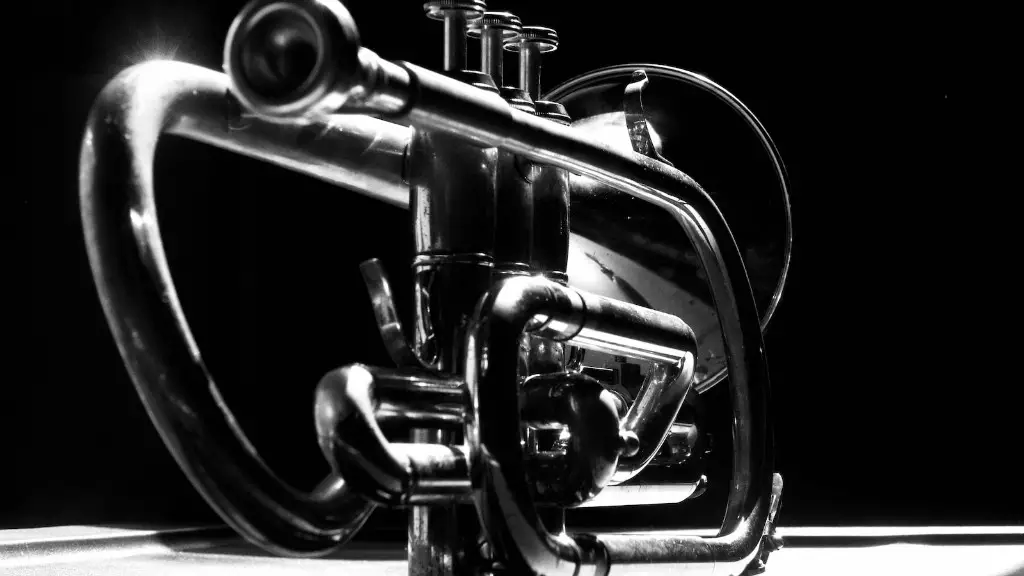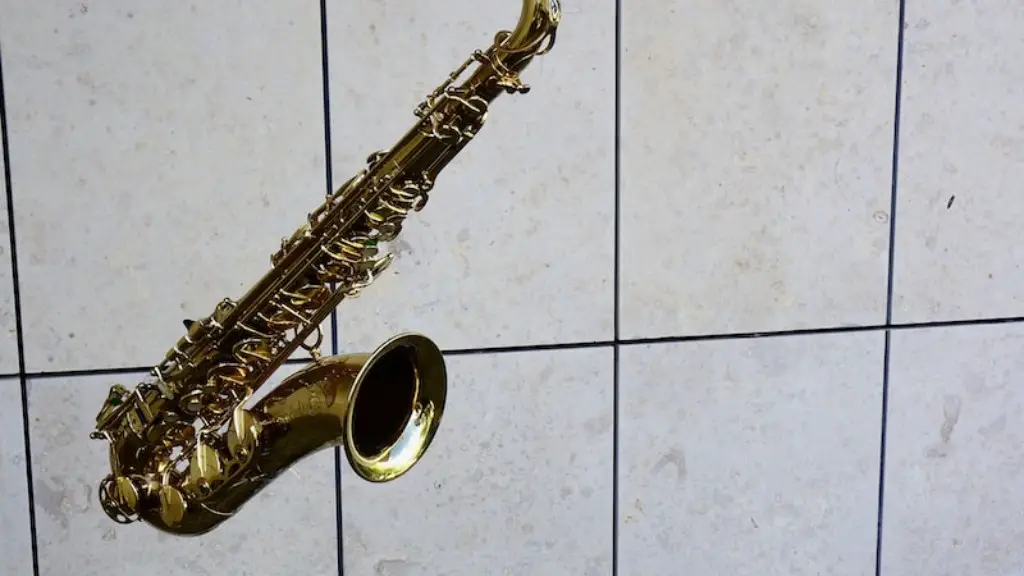Playing the electric guitar is an incredibly rewarding experience. Whether it’s rock, blues, jazz, or metal, electric guitar is one of the most iconic instruments in music.
As a beginner, starting to learn how to play electric guitar can seem intimidating. But with some basic instruction and practice, you can have your first few songs up and running in no time!
To get started on your electric guitar journey, you’ll need to assemble the necessary gear. An electric guitar and amp are essential for practicing and learning the basics. You may also want to invest in some accessories such as a tuner or metronome to help keep you in time.
Next, it’s time to start learning chords and notes. Once you get familiar with these fundamentals of playing electric guitar you’ll be ready to start learning songs! Remember that as long as you stay motivated and practice regularly, you’ll be mastering your favorite tunes before long.
So if you’re ready for the challenge of learning an instrument like the electric guitar, take a deep breath and dive right in!
Learn Basic Guitar Chords
Ready to start playing electric guitar? Before you can master the instrument, it’s important to understand the basics of guitar chords. Knowing how to properly form and play essential chords will help you transition from a beginner to an advanced guitarist.
The most commonly used chords are open chords, which consist of at least three notes and are played by strumming all the strings. The notes of the chord can be arranged in many different ways, but there are some basic shapes that you should learn as a starting point.
For example, the A chord is formed by pressing down on the second fret of the A string and then strumming all six strings. You can also add other notes to this chord, such as playing the first fret of the D string and strumming all six strings for an A7 chord.
You can also form barre chords, which require pressing down on multiple strings with one finger. These types of chords are more difficult than open chords, so it’s best to start with these once you have a solid understanding of open chords. Once you get comfortable with these shapes and sounds, you’ll be well on your way to becoming a great electric guitarist.
Learn How to Tune Your Guitar
Tuning your guitar correctly is a crucial part of playing music. It’s the foundation of any song and it sets the tone for your entire performance. By making sure your guitar is in tune, you will be able to play with more clarity and accuracy, which will help you achieve a better overall sound.
The most common way to tune a guitar is by using an electronic tuner. This can be purchased at any music store or online, and it will provide you with an accurate reference point for tuning your strings. You can also use a tuning fork or pitch pipe if you don’t have access to an electronic tuner.
Once your guitar is tuned, start practicing chords and scales to get comfortable with the instrument. You can also learn basic songs that are easy to play and will help you develop muscle memory for playing chords and notes on the fretboard. With practice, you’ll gradually begin mastering the basics of electric guitar playing. Finally, don’t forget to keep tuning your guitar regularly – it’s essential for maintaining good technique and keeping your sound consistent!
Familiarize Yourself with the Parts of the Electric Guitar
Getting to know your electric guitar is a great way to start your journey as an electric guitarist. The electric guitar has several parts that you should be familiar with in order to play it properly. The body is the main part of the guitar and it’s where the sound comes from. It is typically made of wood and has a hollow chamber for the strings to vibrate in. The bridge rests on top of the body and holds the strings in place. The neck extends from the body and holds frets that correspond to notes on the fretboard.
The fretboard is located on the front side of the neck and contains metal bars, or frets, that indicate which notes can be played at each position. Above this are six tuning pegs, which are used to adjust the tuning of each string. Finally, there are two pickups located under each string that amplify its sound when plucked or strummed.
These are just some of many components that make up an electric guitar, however understanding them is a great first step for any beginner looking to learn how to play electric guitar! By familiarizing yourself with these parts you’ll be able to better understand how your instrument works and how it can be used to create beautiful music.
How To Start To Play Electric Guitar
Learning how to play electric guitar can be a difficult but rewarding experience. With the right guidance and practice, you can become an accomplished guitarist in no time. Before you start, it’s important to understand the basics of the instrument. Get familiar with the different parts of the guitar, such as the strings, frets and body. You should also learn about the various techniques used in playing electric guitar, such as strumming, picking and vibrato.
Once you have a basic understanding of the instrument and know how to position your hands correctly, it’s time to start practicing. Begin by learning some chords and scales. Start by practicing basic chords like A minor or D major, then progress to more complex ones. As you get more experienced, practice scales such as pentatonic or blues scales. This will help improve your dexterity and technique.
As you become more comfortable with playing chords and scales, it’s time to explore different techniques used in electric guitar playing. You could try fingerpicking or slap bass techniques for example. You could also experiment with effects like distortion or reverb which can help create interesting sounds on your guitar. Finally, don’t forget to practice regularly and listen to other musicians for inspiration!
Find Music You Enjoy and Practice It
Playing electric guitar can be a great way to express yourself musically. To start out, it’s important to find music you enjoy. Listening to different genres, artists, and songs can help you find styles that fit your taste. Once you’ve identified some music that interests you, it’s time to get practicing. Break the songs down into small parts so you can work on them one at a time. Gradually increase the difficulty as you become more comfortable with playing each section. Practice makes perfect, so be sure to set aside time each day to play and develop your skills. With patience and dedication, electric guitar can be an incredibly rewarding hobby that will bring plenty of joy for years to come!
Creating a Practice Schedule and Sticking With It
Playing the electric guitar can be a fun and rewarding experience, but it takes dedication and practice to get good at it. Creating a practice schedule is the best way to make sure that you get the most out of your playing time. Setting aside a certain amount of time each day or week dedicated to practicing is key for improving your skills. Ideally, you should plan for about an hour or two of practice each day.
Start by making a list of the skills you want to work on during each session. This can include scales, chords, licks, and even songs that you want to learn. Then break down each skill into manageable parts so that you can track your progress. Practicing in short bursts is also helpful as it allows your mind and body to take regular breaks so that you don’t become overwhelmed.
Finally, stick with your practice schedule. Even if you don’t feel like playing or feel like you can’t make progress, make sure that you stay consistent with your routine. As long as you keep up with it, eventually the rewards will start to come in the form of improved guitar skills and greater musical confidence!
Final Words
To become a successful electric guitarist, there is a lot to learn and practice. It can be a long journey but with patience and discipline, you can achieve your goal. Find an experienced teacher who can guide you in the right direction and have fun while playing guitar. It is all about having the right mindset and putting in the effort. Learning to play the electric guitar will give you a sense of accomplishment and joy that you will never forget.
Good luck!





